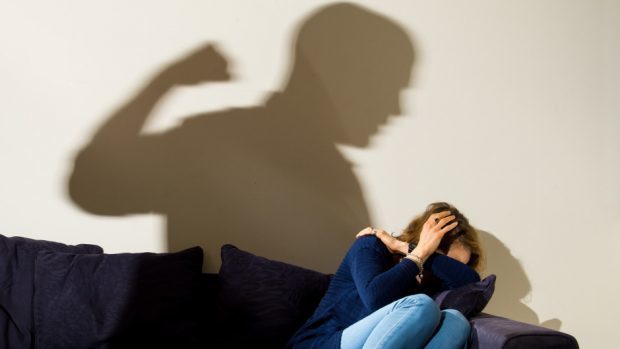I am not a great movie goer but I love the film “Chocolat” which was released in the UK in 2001.
The film version is of the tale by Joanne Harris, revolving around a woman called Vianne Rocher who, along with her daughter, blows into a sleepy French town, steeped in tradition and takes over a dusty and decrepit shop.
It is only on the opening day that people discover it is a Chocolaterie – opened as Lent begins.
There are several threads to the story but for the purposes of this column, it is the way the brightly dressed Vianne could tell which chocolate each of her customers favoured and through that chocolate get them to talk about their lives, that springs to mind.
Perhaps it’s because it’s chocolate that’s used, it is mainly the women of the town who come to Vianne though not exclusively.
Each of the customers carries their own story.
There is crusty old Armande who doesn’t get to see her grandson because her daughter thinks she is a bad influence on him.
There is Josephine, who looks downtrodden and is very nervous and on her first visit to the shop, she steals a chocolate.
In time Vianne manages to befriend her and Josephine’s story is revealed.
Josephine is married to Serge a local café owner who beats her violently.
She always defends him and says either that it was her fault or to explain the bruising, that she walked into a doorpost.
Eventually he hits her too hard and she finds the courage to escape to Vianne’s to stay with her.
There she learns how to make chocolates and in time, as her skills grow, so does her confidence, until eventually, Josephine realises she is her own woman and her husband no longer has any hold over her.
She is free.
Unfortunately, in the real rather than the cinematic world, there are too many Josephine’s around, whose stories don’t always end so happily.
Even in 21st century Scotland.
There are men too of course, who are abused by women and they too need their stories to be heard, but statistics show that when it comes to the numbers affected by domestic abuse in all its forms, women carry the brunt of that abuse by far.
There are children who go to sleep to the sound of their mother being called names, or slapped, or worse.
There are children growing up who think it is acceptable to treat a woman like a servant because that is what they see, day in and day out.
These are the obvious abuses.
There are the less obvious.
The constant undermining of a woman’s confidence.
The manipulation and control of what a woman does with her time, the way spends the household money, the people she is allowed to talk to and the clothes she wears.
And sometimes sadly, even a person’s faith can be twisted to keep a woman subservient and in this regard faith communities of all kinds, Christian, Muslim, all sorts, can collude with the actions of the perpetrator by refusing to listen to the woman.
It could be because the man is seen to be a stalwart of the church or mosque and people find it hard to believe he could be otherwise at home, so they take sides.
The Church of Scotland has asked all its congregations to talk about domestic abuse and to display on their premises, a poster that encourages anyone suffering from it, to talk – with the assurance that they will be listened to, taken seriously and believed.
Ministers are encouraged to know the contact details of the local women’s aid or refuge so that these can be offered to any woman who wants or needs them so that more professional help might be sought.
Everyone is asked simply to listen, without judging.
Within or beyond the faith communities, if we want people’s homes to be places of love and acceptance where adults and children can feel safe, where everyone is treated respectfully and no one feels threatened or anxious, then we have to talk about domestic abuse and stop pretending it doesn’t happen in our town, or village, or street.
We need to educate ourselves to look for the possible signs and we need to be open to starting conversations which might allow others to find the help they need to deal with their aggression if they are the perpetrator.
Or to escape that aggression if they are the victim so that both are enabled to become happier and healthier human beings.
Unless we do that, future generations will continue to see too many Josephines in Scotland.
If you or anyone who know needs help with this issue, there is a 24-hour national helpline run in partnership between Women’s Aid and Refuge. Call 0808 2000 247.
The Right Rev Susan Brown is moderator of the General Assembly of the Church of Scotland

